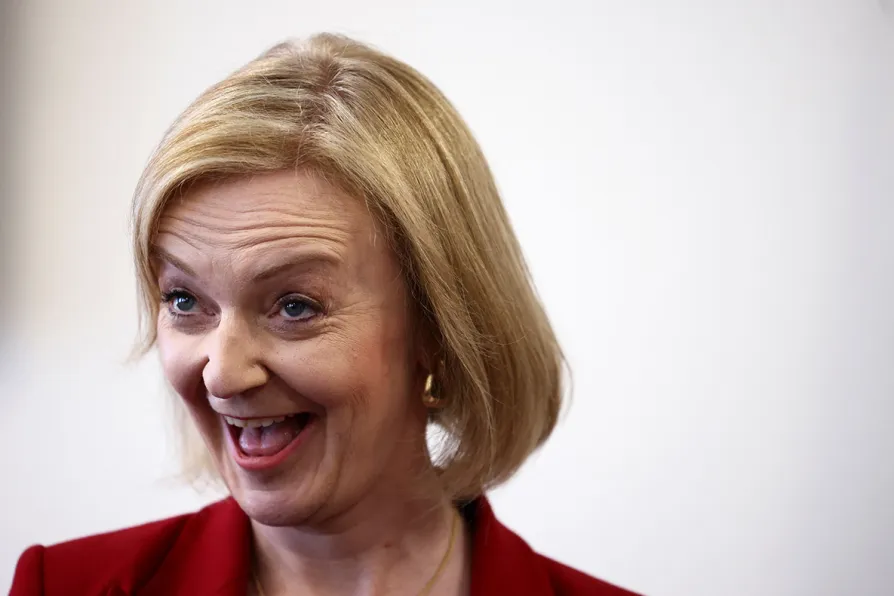Labour prospects in May elections may be irrevocably damaged by Birmingham Council’s costly refusal to settle the year-long dispute, warns STEVE WRIGHT

 Liz Truss at an event in Leeds as part of her campaign to be leader of the Conservative Party and the next prime minister
Liz Truss at an event in Leeds as part of her campaign to be leader of the Conservative Party and the next prime minister
ONE of the two contenders for the Tory leadership has threatened to further restrict the activities of trade unions, an enduring obsession of the Thatcherite right.
The detail is inevitably lacking, but Liz Truss wants “minimum service levels” where public-sector workers have balloted for a legal strike. The implications of this are deeply concerning — even if probably not fully thought through by Truss’s team.
RMT leader Mick Lynch, writing in the Daily Mirror, argued that Truss wants to go back to 1871, the date of the Act that legalised trade unions. TUC general secretary Frances O’Grady has warned of a fundamental attack on the right to organise and an assault on democracy as understood across Europe.

It’s not just the Starmer regime: the workers of Britain have always faced legal affronts on their right to assemble and dissent, and the Labour Party especially has meddled with our freedoms from its earliest days, writes KEITH FLETT

KEITH FLETT revisits the 1978 origins of Britain’s May Day bank holiday — from Michael Foot’s triumph to Thatcher’s reluctant acceptance — as Starmer’s government dodges calls to expand our working-class celebrations












